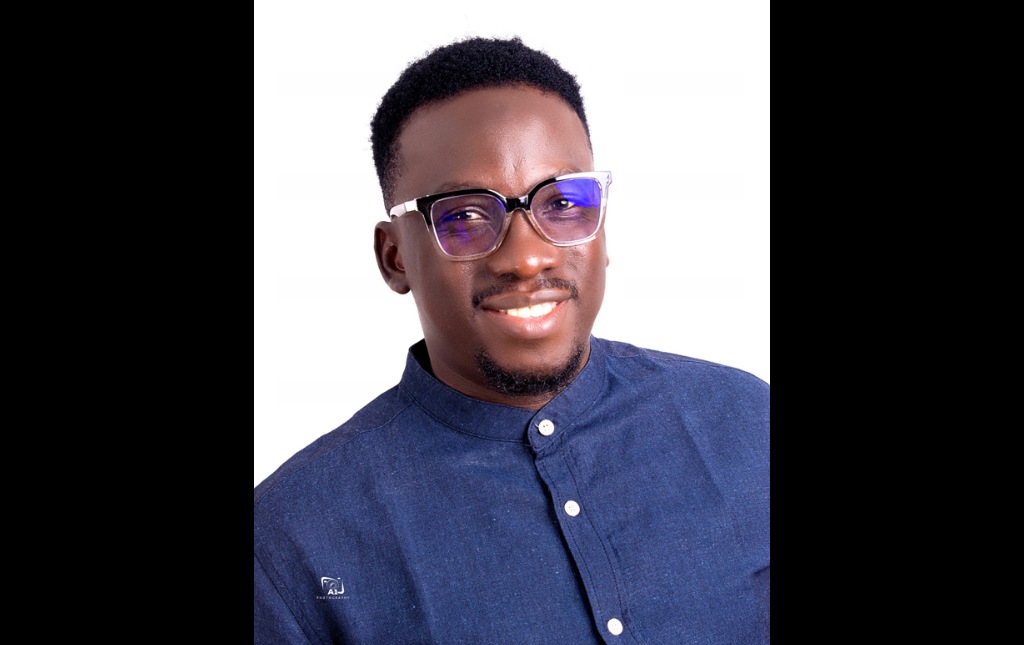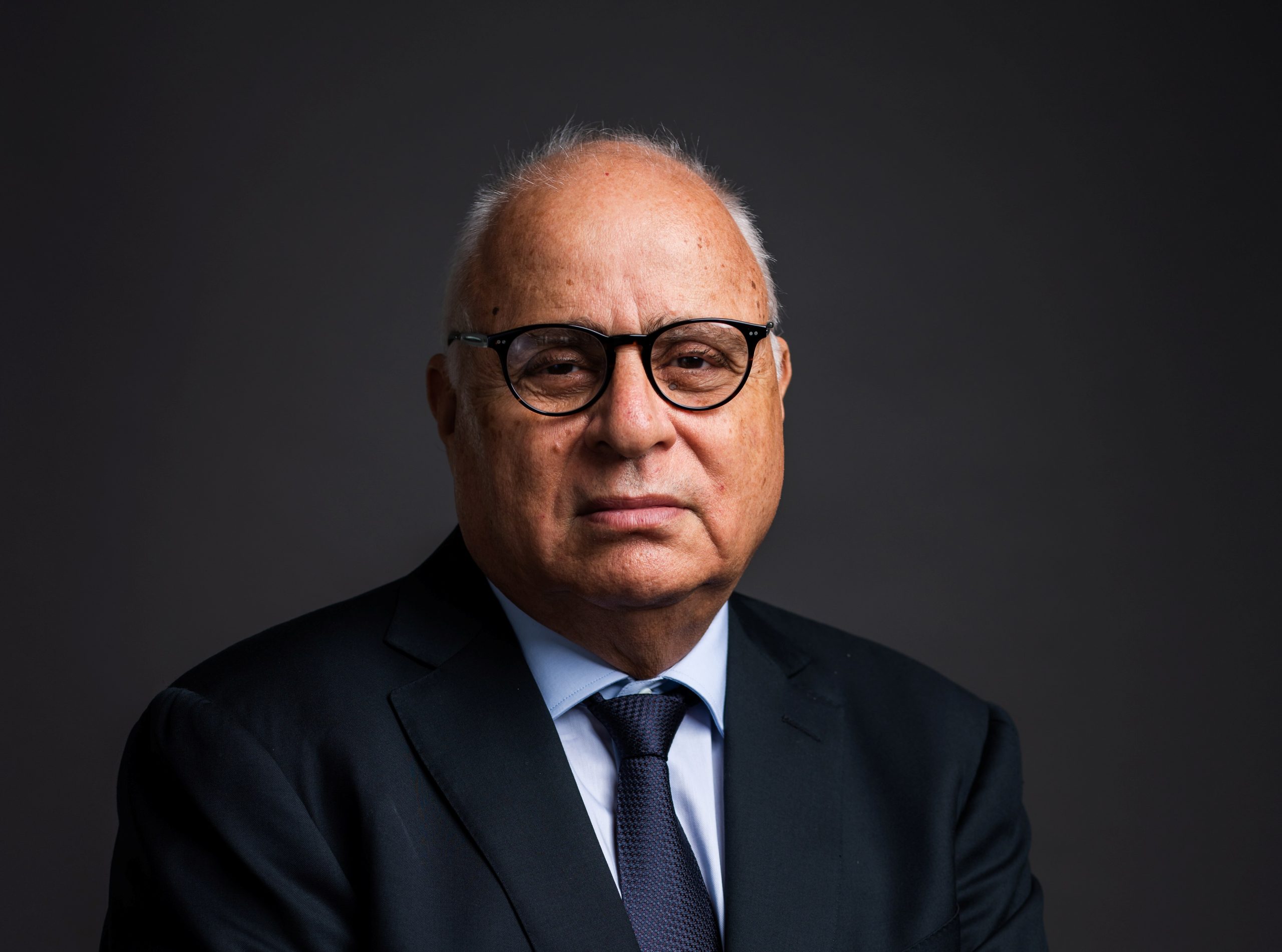In the run-up to the Nigeria Summit 2025 at the Federal Palace Hotel in Lagos, former UK Foreign & Commonwealth Office Minister with responsibilities for Africa, Rt Hon Mark Simmonds spoke with International Editor Daniel Neilson about governance, trade, energy sovereignty and Nigeria’s rising soft power – and why he believes the country is poised to lead the continent into its next 65 years.
Rt Hon Mark Simmonds has spent his career at the intersection of politics, diplomacy and investment. As a former UK Foreign & Commonwealth Office Minister responsible for Africa, the Caribbean, international energy and conflict prevention and as Senior Adviser to Prime Minister David Cameron, he knows how geopolitics, governance and capital flows shape nations.
Now, as he prepares to speak at The Nigeria Summit 2025 at the Federal Palace Hotel in Lagos on November 5, Mark is clear: Nigeria, and Africa more broadly, stands at a pivotal moment. “We are in an accelerating, different geopolitical context, moving away from a unipolar world to a multipolar world, and that can benefit Africa,” he says. “There are now many more different parts of the world that are seriously looking at investing and trading with Africa. Nigeria, as the most populous country and one of the continent’s top two economies, has a very significant role to play, not just in growing itself, but in acting as a facilitator and leader for the rest of the continent.”
Governance, Trade and Investor Confidence
Simmonds distils Africa’s immediate challenges into two. “If you want to make it simple, there are two immediate ones: political and economic. Good governance matters. Investors go where there’s more transparency, stability and security. They feel more confident putting money into those situations.”
Economically, he sees real promise but insists reform is essential. He cites the African Continental Free Trade Area, for example, which gives the continent a real opportunity to get its act together. “Only Africans can do this themselves.” He offers a blunt example: “There is no African regulation to enable pharmaceutical products sold in Kenya to be sold in Angola. That has to change.”
From his seat on the advisory board of Invest Africa, he hears the same concerns from companies: sanctity of contract, the ability to repatriate capital, and corruption, both real and perceived. “Nigeria has made big strides in the last 18 months. Other African countries haven’t, and it’s still a big deterrent. But the key is the direction of travel. If governments are moving the right way, they deserve support to accelerate. That’s how you transform lives, attract investment, generate taxes and then fund education, healthcare and infrastructure.”
Infrastructure and growth
For Mark, infrastructure is both Africa’s greatest gap and its greatest opportunity. “At the moment, it’s faster to fly back to Europe and then return to Africa than it is to travel across the continent, with the possible exception of Ethiopian Airlines. Roads, railways, connectivity; these are essential to economic growth.”
He believes six priority sectors need sustained focus: housing, healthcare, education, technology, energy, agriculture and reforestation. “Get those right, and Africa will be dynamic. Different countries will grow at different speeds, but the direction will be positive.”
This also requires broadening investment horizons. “Traditionally, Africa has been too reliant on foreign direct investment from a very small part of the world, mainly Europe or the US. At last, that’s changing. China has played a significant role, but now the Gulf, Latin America, and South-to-South trade are also increasing. That gives Africans a choice about who is the best development partner for a particular project. That hasn’t always been the case.”
Soft Power, Culture and Confidence
Mark is quick to note that Nigeria’s influence is not only economic. “It is one of the reasons I wanted to attend this conference. It’s not only about investment and infrastructure, but about finding additional ways to export Nigeria’s soft power.”
He reels off examples: “Music, film, art, literature; they are cultural products, but they’re also potential exports, job creators and revenue streams. They also help people outside Nigeria understand the country in more depth.”
Energy, sovereignty and the diaspora
Above all, energy underpins development. “Without energy, you can do very little. There are still 600 million Africans without electricity. That should be a top priority.” He calls for diversity and sovereignty: hydrocarbons alongside renewables, but with more African capital driving delivery. “Only seven renewable energy deals were completed in Africa in the previous 12 months. All this talk, and very little delivery on the ground. That must change.”
African pension funds, he argues, should also be deployed. Private sector leaders must step up. “Africa is not a taker; it is driving itself forward.”
He also highlights the diaspora’s untapped potential. “There’s a significant amount more the diaspora could do beyond remittances, such as investing in businesses and supporting new sectors. One idea is that if you can prove Nigerian antecedents, you could invest in Nigerian businesses at a reduced capital gains tax. That’s worth exploring.”
As our conversation closes, Simmonds circles back to the theme of confidence. “The challenges are real, but the opportunities are immense. Governance, infrastructure and energy are key. But equally important are culture, soft power and the confidence of Africans themselves. Nigeria has the population, the economy and the creativity to be not just a national leader, but a continental one.”
The Nigeria Summit 2025
On November 5, 2025, leaders from across Nigeria, Africa, and the global stage will gather at the Federal Palace Hotel, Lagos Island, to chart the country’s future for the next 65 years.
The day-long programme opens with high-level panels on the business of energy, finance, technology, agriculture and food security. Delegates will explore how today’s decisions can drive sustainable infrastructure, digital transformation, resilient food systems and inclusive economic growth across the continent.
For detail please contact: [email protected]






